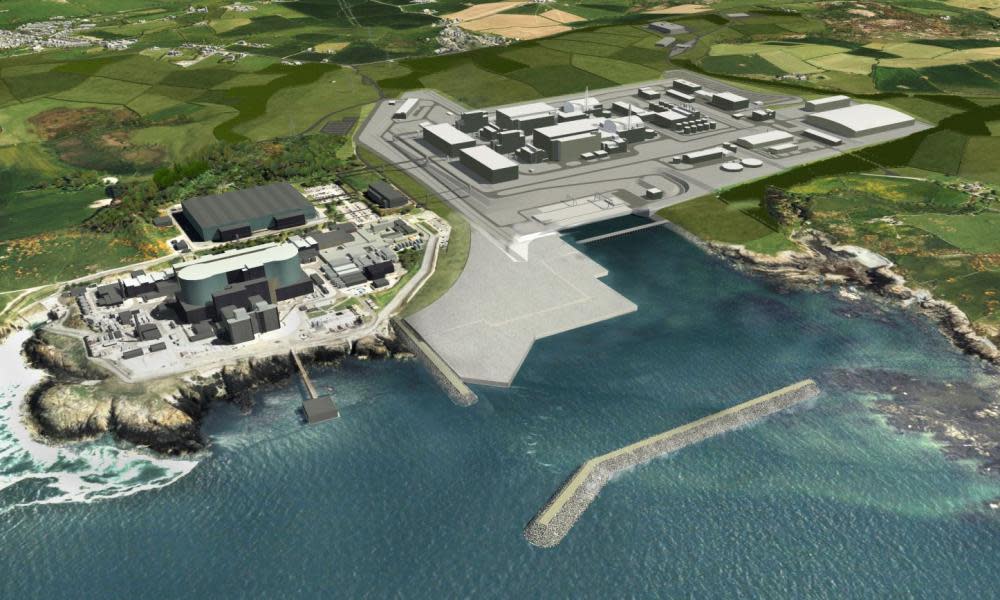Scrapping of nuclear plant should see UK renewables filling the void

The pulling out of Hitachi from the proposed Wylva nuclear power plant is a good thing for energy policy – not a serious blow as said in the article (Hitachi scraps £16bn nuclear power station in Wales, 18 January). Nuclear power is now one of the most expensive form of electricity there is. But beyond the economics, it no longer fits with the digitalising world that we live in. The global energy system is undergoing change similar to that in telecoms and computers over the last few decades. The energy system is becoming smarter and more flexible and it is on the path to being operated in a completely different way than hitherto because of that.
Nuclear – with its huge, inflexible output – is the equivalent of a giant boulder in the middle of a motorway. We, the energy customers of Britain, would have ended up paying way over the odds for Wylva, which would have also undermined the UK’s move to a smart and flexible system – which really is the future. We are already going to do that for Hinkley Point C.
Going down the nuclear route has been a wasted decade for UK energy policy. Exiting from the EU and the loss of flexibility we may end up with because of difficulties to do with interconnectors and market arrangements is a far greater threat to security than some phantom nuclear power plant from a previous age.
Catherine Mitchell
Professor of energy policy, University of Exeter
• Everyone knows that nuclear power creates lethal waste which hundreds of future generations will have to manage, and, despite the risk being very low, can lead to accidents (or terrorist attacks) with enormous impacts. But Hitachi’s abandonment of the new Wylfa nuclear power station is more evidence, as if any were needed, that nuclear power is also fundamentally uneconomic.
Renewable energy is already cheaper than all fossil fuels and new nuclear. And yet, £16bn spent on grid-level energy storage in the UK would enable a further plummet in the price of renewable energy – a huge boost to the UK economy, to energy independence and security, and to a cleaner future. Why do successive governments of both main parties continue to support these massive white elephants?
Stephen Psallidas
Newcastle upon Tyne
• The withdrawal of Hitachi from the Anglesey nuclear power station project is another blow to the government’s energy policy. Obviously, the fact that solar and wind power are intermittent posits a need for a constant source to back it up. What is difficult to understand is why we can’t use tidal lagoons as the backup. The amounts of energy provided by tidal flows around Britain are almost incalculable, and the simple expedient of closing the gates and leaving millions of tons of water poised to flow through turbines whenever needed is a clear alternative to nuclear. Why aren’t we adopting it?
Jeremy Cushing
Exeter
• What a good opportunity for the government to give the go-ahead to the environmentally friendly Swansea Bay tidal lagoon power plant.
Hilda Reynolds
Bristol
• Energy supply is endlessly debated; less is said about demand. Building new homes to Passive House standards and retro-fitting existing buildings (all buildings) would reduce demand hugely. It would also offer local employment and skills training across all regions. Green Keynesian economics in action. Bring it on.
Lorrie Marchington
Whaley Bridge, Derbyshire
• Join the debate – email guardian.letters@theguardian.com
• Read more Guardian letters – click here to visit gu.com/letters
• Do you have a photo you’d like to share with Guardian readers? Click here to upload it and we’ll publish the best submissions in the letters spread of our print edition

 Yahoo News
Yahoo News 
